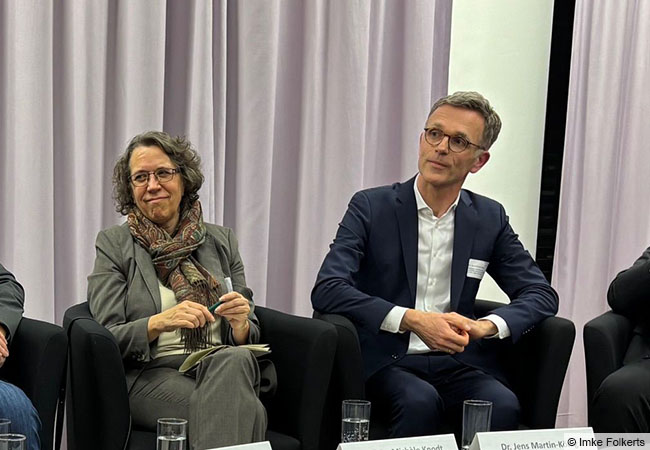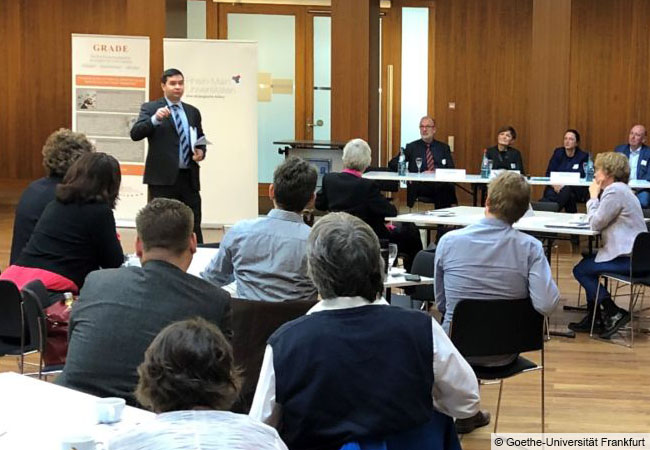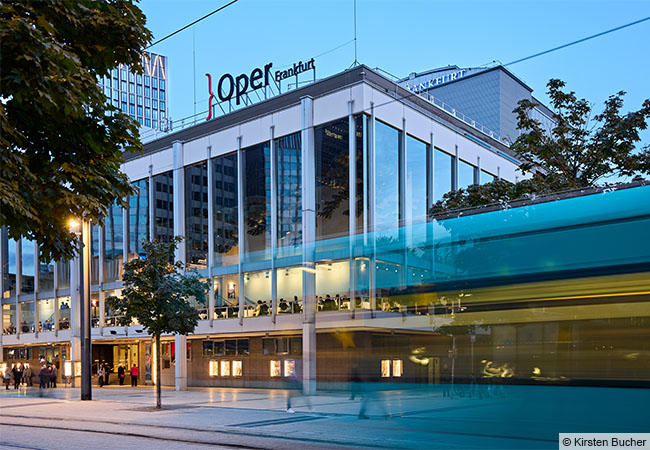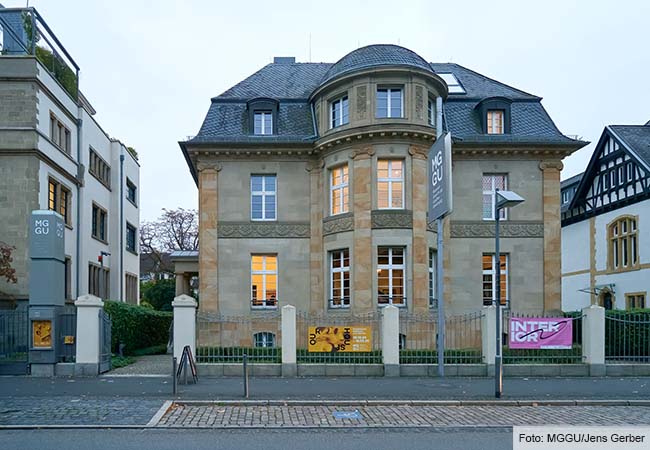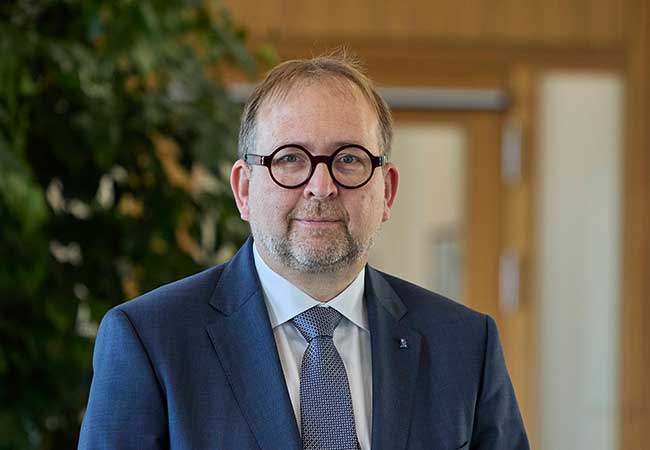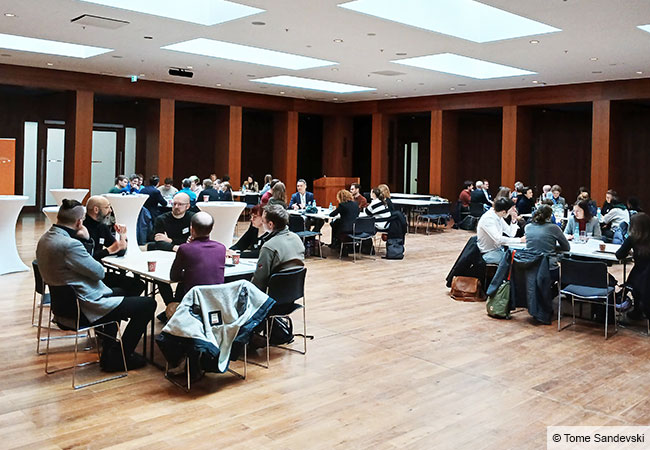
Acetic acid-producing bacteria (acetogens) are very interesting for the biotech industry: They fix the climate gas CO2 and at the same time produce not only acetic acid, but also substances such as ethanol or – after genetic modification – products such as acetone or bioplastics. For many years now, microbiologist Volker Müller from Goethe University has been researching how these bacteria extract energy from CO2 – and has done so very successfully. Now he wants to crack the last puzzle of this energy production. As part of the renowned Reinhart Koselleck Programme, the German Research Foundation (Deutsche Forschungsgemeinschaft, DFG) is now funding his project as a particularly innovative and refreshingly risky project.
They live in the soil, in sediments of bodies of water and in other oxygen-free environments: Bacteria known as acetogenic bacteria or acetogens that produce acetic acid from carbon dioxide (CO2) and obtain energy through this fermentation process. Phylogenetically, acetogens are among the oldest species of bacteria on Earth, having evolved more than three billion years ago, when the Earth’s atmosphere was still oxygen-free. In recent years, the team of microbiologist Professor Volker Müller has partially elucidated how CO2 reduction is coupled with energy production: Acetogens have two different respiratory chains with the help of which they produce the cellular energy currency ATP, either with the central respiratory enzyme „Rnf“ or with „Ech“. Usually, a bacterial species possesses only one of these two respiratory chain types.
However, in addition to the enzymes Rnf or Ech, some acetogens also possess cytochrome-containing enzymes, which are central to oxygen respiration in both bacteria and higher cells. Although cytochomes were discovered in acetogens more than 40 years ago, no one has yet been able to demonstrate that acetogens – for which contact with oxygen is lethal – actually use their cytochromes for a form of respiration.
Over the next five years, the team led by Professor Volker Müller wants to find out what function cytochromes have in acetogens. The microbiologist explains: „Thanks to our many years of work on acetogens, we have the best prerequisites for cracking the riddle. These are very exciting times for us. After all, the cytochrome, which is much more complex to produce in biosynthesis for the bacterial cell, could actually be part of a third, oxygen-independent form of respiration. Or it may have a completely different function, perhaps serving to detoxify molecular oxygen and keep the bacterium from dying from oxygen.“
With their basic research, the scientists want to prepare the ground for biotechnological applications of acetogenic bacteria. Currently, for example, 90 percent of the more than 3 million tons of acetic acid produced worldwide annually is obtained from fossil oil or gas. Müller: „If you want to use genetically modified acetogens to produce non-natural compounds such as acetone or bioplastics, you will need to have a sound understanding of the complex, essential metabolic processes in the bacteria. This is because the bacteria require a lot of energy for the non-natural compounds, which the chemical reduction of CO2 provides only to a limited extent. That is why with our research, we hope to make an important contribution to understanding energy production in acetogens, thereby opening the door for more efficient applications.“
Professor Volker Müller holds the Chair of Molecular Microbiology and Bioenergetics at Goethe University’s Faculty of Biological Sciences. He received his PhD in Göttingen, was a postdoctoral researcher at Yale University, habilitated in microbiology in Göttingen, and held a C3 professorship in microbiology at LMU Munich before coming to Frankfurt in 2002. He gained worldwide recognition for his work on the metabolism of acetogenic bacteria. His projects are funded by the German Research Foundation DFG and he coordinated a European research consortium on the application of acetogenic bacteria in industry. Currently, his work on the physiology and application of acetogenic bacteria is funded by a prestigious ERC Advanced Grant. With almost 300 publications, Müller is one of the world’s leading researchers in the field of metabolism of anaerobic bacteria and archaea.
Background:


